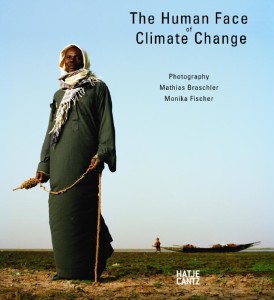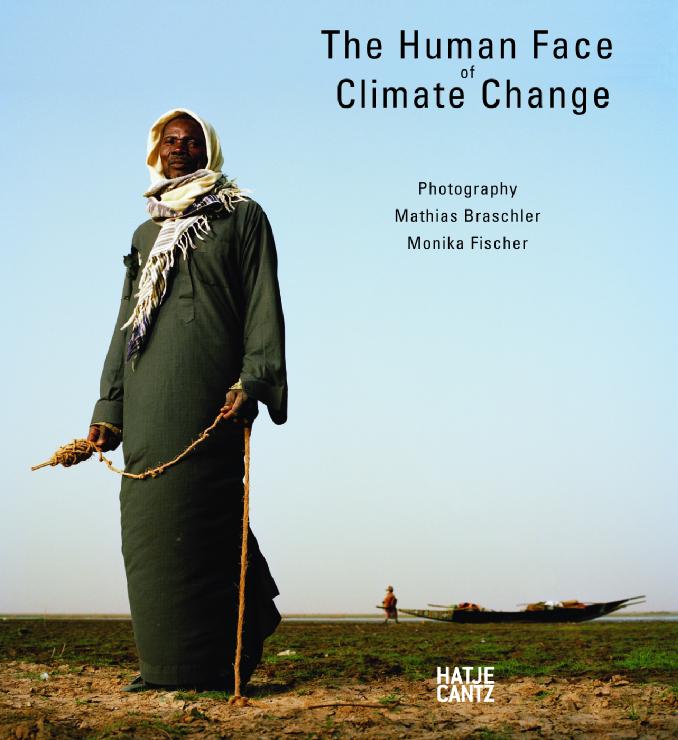 Talk of climate change seems to be everywhere these days. From elected officials in Washington, DC, to the farmers of rural India, people hold wildly divergent opinions about the ways climate change is affecting our lives, and the impact it will have in the future. In spite of widespread disagreement, many people are already seeing the consequences of climate change in the form of more storms, less rainfall, and severe flooding in their countries. Although the slower-onset disasters may be imperceptible to some, the rising sea levels, higher global temperatures, and food shortages are being endured by many.
Talk of climate change seems to be everywhere these days. From elected officials in Washington, DC, to the farmers of rural India, people hold wildly divergent opinions about the ways climate change is affecting our lives, and the impact it will have in the future. In spite of widespread disagreement, many people are already seeing the consequences of climate change in the form of more storms, less rainfall, and severe flooding in their countries. Although the slower-onset disasters may be imperceptible to some, the rising sea levels, higher global temperatures, and food shortages are being endured by many.
In a deeply unjust twist to this story, the people who are most vulnerable to climate change’s harshest effects are those who contribute to the problem the least: millions of the world’s poor. A 2009 report by the Global Humanitarian Forum estimates that 315,000 people die every year as a result of climate change. The injustice of the equation is striking, and so far action to solve the problem has been insufficient compared to the need. Fortunately, there is still time to turn some of the impact of climate change around and solve what some world leaders are calling the greatest emerging humanitarian challenge of our time.
In their book, The Human Face of Climate Change, Swiss photographers Mathias Braschler and Monika Fischer present a glimpse into the lives of people who have suffered various hardships brought about by climate change. The images and stories of people from sixteen countries across all continents are at once beautiful and heartbreaking.
In Santa Barbara, California, sixty-six-year-old Christine Powell had to move in with her child after a wildfire destroyed her home and all her belongings. “The morning after the fire, everything I owned was suddenly gone,” she said. “I woke up in the middle of the night and cried in a way I had never done before.”
A forty-year-old fisherwoman from Havana, Cuba, lost her home and possessions in a hurricane. “We have gone through the toughest time,” said Estrella Sosa Osorio. “Even if we pray to God, I don’t think the hurricanes are going to stop.”
Shortages of water and food threaten the lives of people whose means of subsistence are tied to the regularity of the seasons. A fifty-nine-year-old farmer in Chad explained, “There are no more fish and no water. The rainy season is late. It takes three hours to walk to the lake from here. We are all tired of this situation, but have nowhere to go.”
These harrowing stories serve as a reminder that tackling this global challenge cannot wait. With the world continually shrinking, it is our collective responsibility to do what is necessary for the sake of all humankind.
Watch this short video made by the Swiss Broadcasting Corporation featuring some of the photographs and stories from The Human Face of Climate Change.
Mandy Van Deven Mandy Van Deven was previously In The Fray’s managing editor. Site: mandyvandeven.com | Twitter: @mandyvandeven
- Follow us on Twitter: @inthefray
- Comment on stories or like us on Facebook
- Subscribe to our free email newsletter
- Send us your writing, photography, or artwork
- Republish our Creative Commons-licensed content

